The Associació Catalana per la Pau is carrying out an emergency campaign to improve the sanitary and nutritional conditions of the population.
The Associació Catalana per la Pau (ACPau) and the Associació Catalunya-Liban and Associació Acció Internacional per la Pau (IAP Catalunya) have launched an awareness and fundraising campaign for Colombia, Lebanon, D.R. Congo and Mali. These countries are currently facing other internal issues that aggravate the difficult fight against Covid-19.
In particular, the armed conflicts in north Mali since 2012 and clashes between the "peulh" and "dogon" communities - generated by the lack of resources and climate change - have forced thousands of people to move to other regions. Despite France's intervention and the United Nations (UN)'s mission, the state crisis remains active and is intensifying due to the ravages of the pandemic.
Mopti, Koulikoro, Sikasso and Bamako are some of the regions where refugee camps have been set up without considering the most basic sanitary conditions. Joana Mariné, responsible for the projects in Africa of the Associació Catalana per la Pau says that "the largest camp is located on top of a landfill, with all the health and sanitary problems that this involves".
The Association Malienne de Solidarité et de Coopération Internationale pour le Développement (AMSCID, which was already working in these refugee camps, has been able to develop its operations due to contributions from Socors Popular Francès and the ACPau. This aid consists of health kits, bleach, soap and basic food such as rice, sugar, olive oil which are acquired in the local market of Bamako.
The emergency campaign is initially scheduled to last six months, but the ACPau will extend it if the situation becomes more complicated or families remain helpless. "So far, 232 families have been assisted and 1,500 masks have been distributed", says Mariné.
Mali, a country hit by viruses
The entity is also carrying out several awareness activities between the population about how to protect themselves from the virus infection. Nevertheless, people in Mali have been following these basic prevention measures for years because it is a country affected by AIDS and in 2014 was badly affected by the Ebola pandemic.
"Conditions may not allow them to follow the measures. As an example, refugee camps only have one watering point which challenges to meet the hygiene measures", says the project manager.
Besides, the entity reminds that "a large part of the population in Mali have informal jobs, which means that it is very difficult to maintain social distance if you have to work to be able to have something to eat". Mariné points out that even though they may be aware, "if we do not intervene to improve the general conditions of the camps or to put them in safer places, the problem will be difficult to solve".

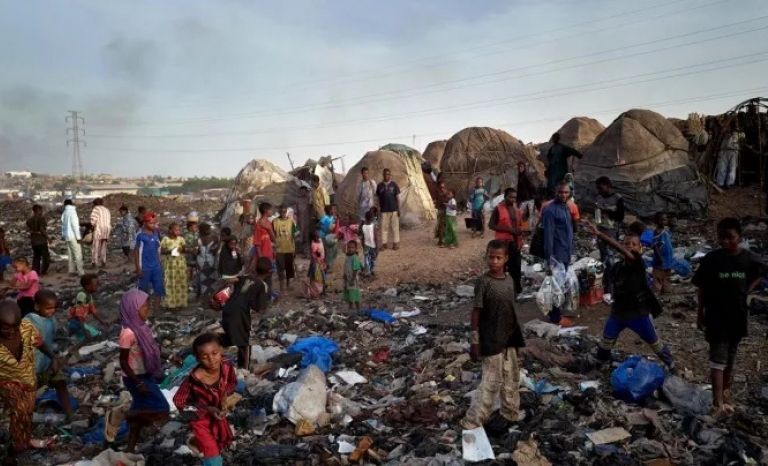
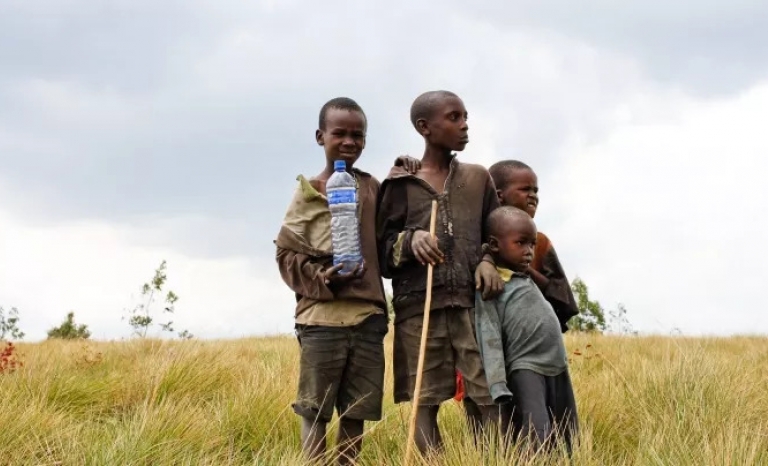
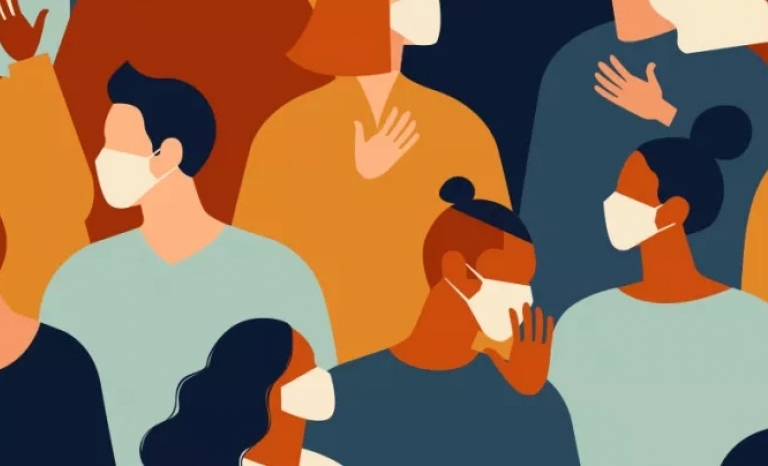
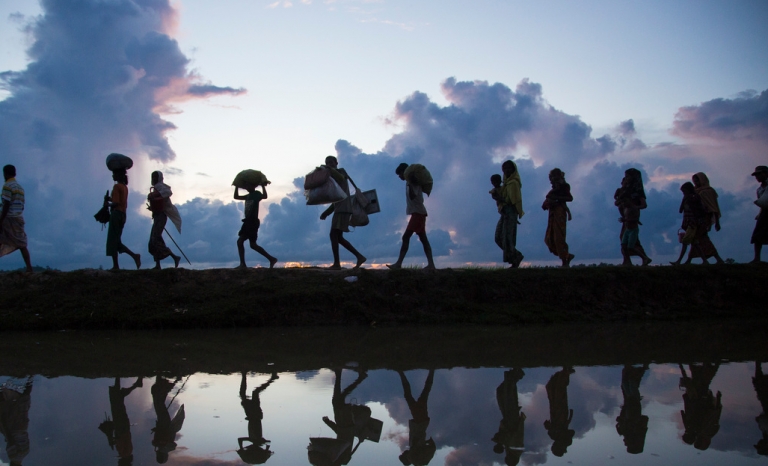
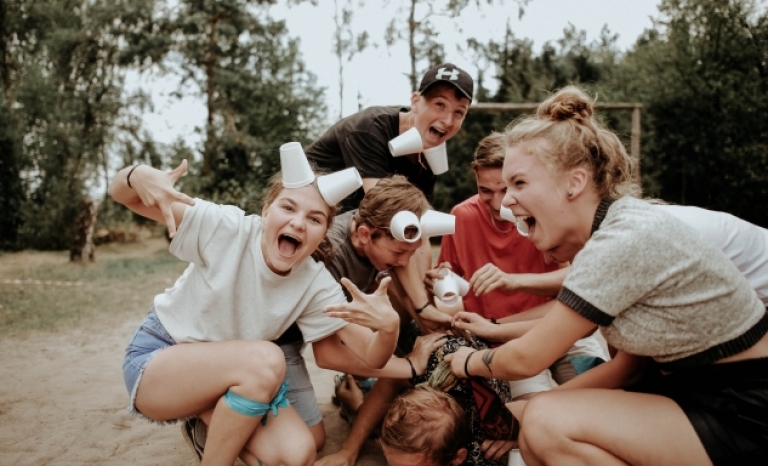
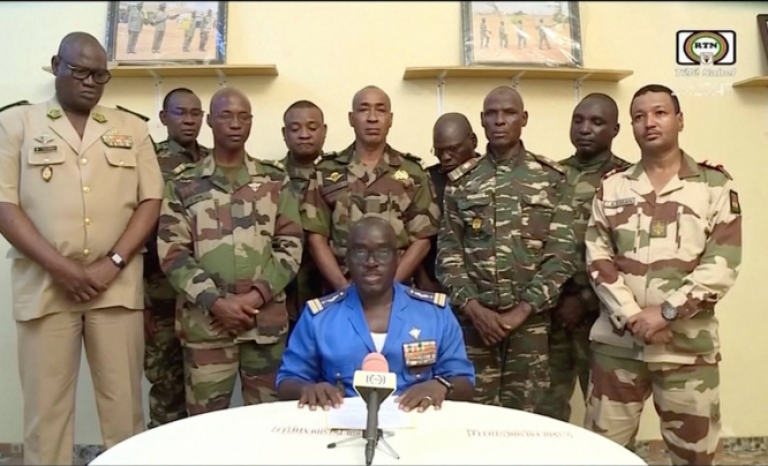
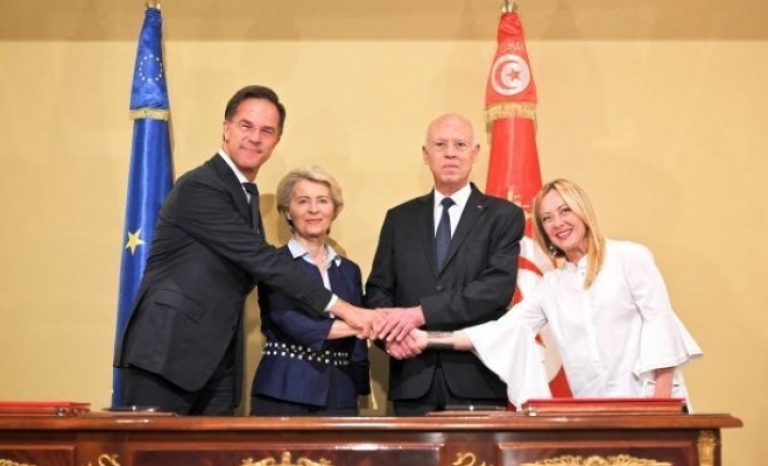



Add new comment